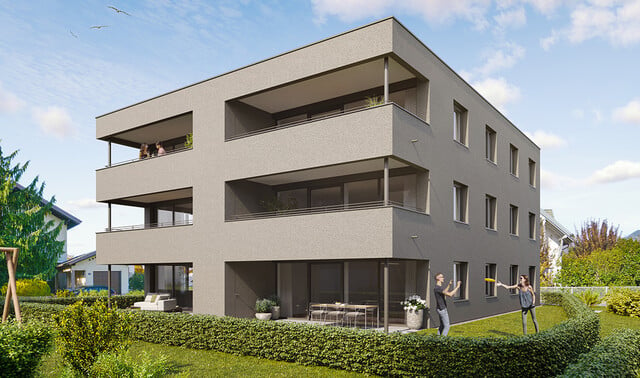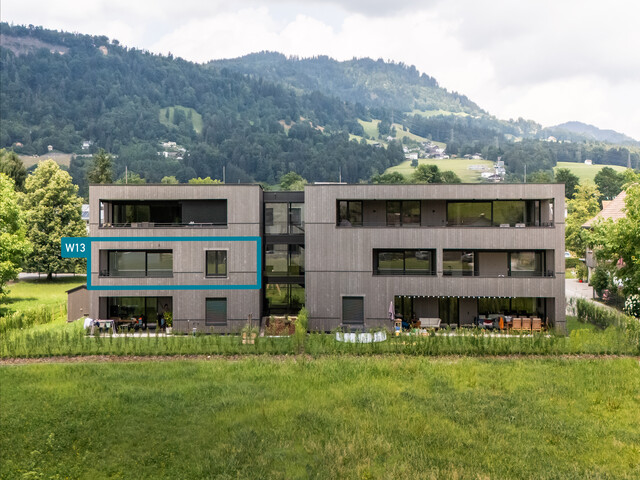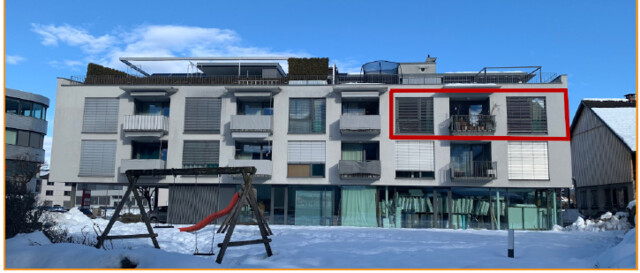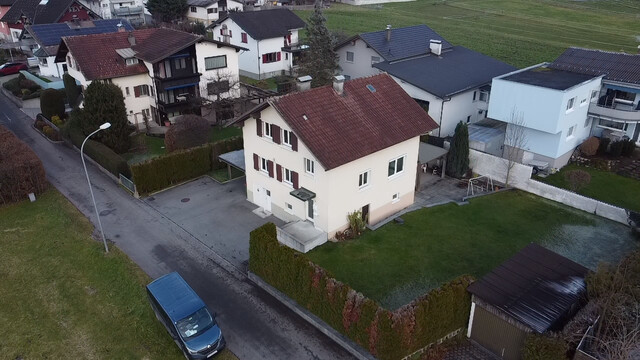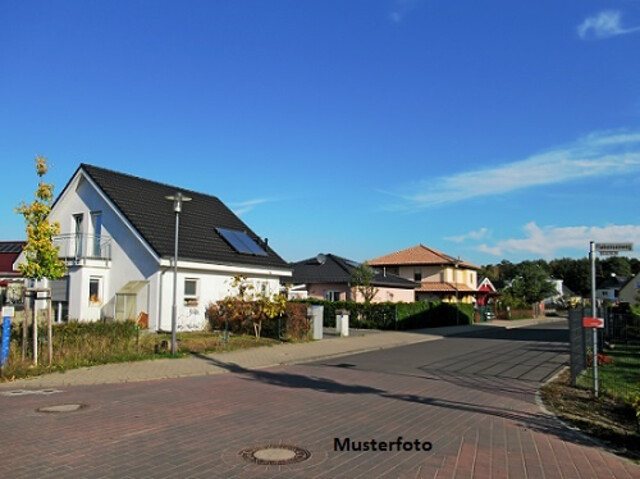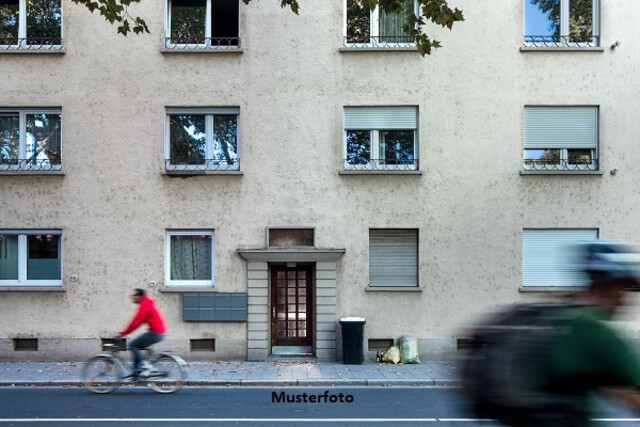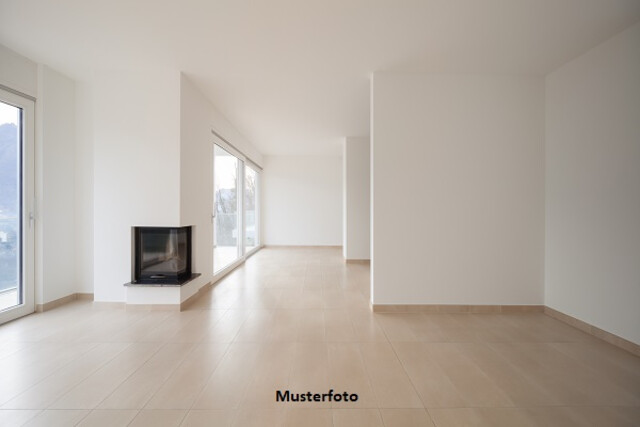Youth Crime: Experts Think Little of "Prison-Like" Accommodations

The child and youth welfare services of the city of Vienna see closed facilities as a last resort. Alfred Kohlberger, managing director of the Neustart association, calls for a clear legal framework. Criminologist Günter Stummvoll advises care and prevention, according to a survey by the APA.
In Vienna, there are between 30 and 40 children under the age of 14 who are not reached by the existing services, said Ingrid Pöschmann, spokesperson for the child and youth welfare services of the city of Vienna (MA 11). "If family care, residential services, group homes, or experiential education projects do not work, we see the move towards closed facilities as another option, as an ultima ratio, for the children who cannot and do not want to accept all of this," she told the APA. However, this requires a clear federal legal amendment for closed facilities and a "judicial decision that specifies how long the child should be detained. It must not be based on arbitrariness."
Alfred Kohlberger from the Neustart association could not relate at all to the image of prison-like accommodation, he told the APA. "We can at most imagine that facilities with a temporary attendance requirement are created." In addition to the legal framework, this also requires a "human rights and fundamental rights review and subsequently an assessment of whether this deprivation of liberty was the best means," emphasized Kohlberger.
Building Relationships Through Professional Staff Is Essential
From a criminological perspective, harsh measures such as closed facilities achieve little, said Günter Stummvoll, a sociologist at the Institute for Conflict Research and lecturer at the University of Vienna, to the APA. "If you tear young people out of their lives and lock them up, it only has negative consequences for their future life," he explained. The criminologist sees the term "prison-like" as a provocative word: "I suspect that it was used politically quite deliberately to reach a clientele that responds to law and order and to provoke." Prisons are particularly harmful to young people "psychologically, physically, and for social behavior." International studies show that harsh measures increase the likelihood of recidivism.
But what should closed facilities look like if they are to come? For child and youth welfare services, the detention situation must be child-friendly in any case. According to spokesperson Pöschmann, it is important that the rooms are separated and secure. Additionally, a team of therapists, social workers, and educators is needed, as well as teaching staff - since the children are of school age - and security personnel. Because in order for the children to change their behavior, a good relationship must be built with them.
"Unheard Children" from "Broken Homes"
Exactly these stable relationships are missing for many children who repeatedly commit offenses. When young people commit acts of violence, it is often related to "Broken Homes" and numerous negative experiences, according to Stummvoll. They come from broken families, experience little control, and are often victims of violence themselves. Particularly violent crime is repeatedly explained by the fact that the perpetrators are compensating for their "lack of opportunities in society or failures in school." "These are not simply malicious people."
At the same time, the number of those who become repeat or even intensive offenders, committing several to many crimes, is very small. In Vienna, according to Neustart CEO Kohlberger, there are about 30 to a maximum of 50 intensive offenders - often referred to as "system breakers." The term comes from pedagogy and mainly refers to children and young people who do not accept help offers. "We prefer to speak of unheard children," says Kohlberger. "Unheard things have happened to them, and they present us with unheard challenges."
Closed Facilities as "Ultima Ratio"
Instead of imprisoning young people, Stummvoll suggests focusing more on care in institutions where intensive offenders experience a certain level of control by professionals - "always paired with a conversation and help offer," according to the expert. Preventive measures are also important, such as mentoring, educational support, aggression management, and social media competence training. The Vienna Child and Youth Welfare is currently rolling out an orientation guide for intensive offenders, where social workers and educators accompany the children and young people in their personal environment. Additionally, the KISI project ("Coordinated Intervention for Threshold Offenders") is in the pilot phase. It aims to ensure that threshold offenders do not become intensive offenders. According to Pöschmann, this should be achieved through norm clarification discussions between social workers and educators, police officers, delinquent youths, and their parents. Both projects aim to break the delinquent behavior in children under 14.
The discussion on the topic of youth crime flared up again after Interior Minister Karner presented the current crime statistics on Monday. Karner described the area of youth crime as a "problem child," with reports in this area having risen sharply. However, the number of convictions of young people between 14 and 18 years has decreased in recent years.
(APA/Red)
This article has been automatically translated, read the original article here.
Du hast einen Hinweis für uns? Oder einen Insider-Tipp, was bei dir in der Gegend gerade passiert? Dann melde dich bei uns, damit wir darüber berichten können.
Wir gehen allen Hinweisen nach, die wir erhalten. Und damit wir schon einen Vorgeschmack und einen guten Überblick bekommen, freuen wir uns über Fotos, Videos oder Texte. Einfach das Formular unten ausfüllen und schon landet dein Tipp bei uns in der Redaktion.
Alternativ kannst du uns direkt über WhatsApp kontaktieren: Zum WhatsApp Chat
Herzlichen Dank für deine Zusendung.
